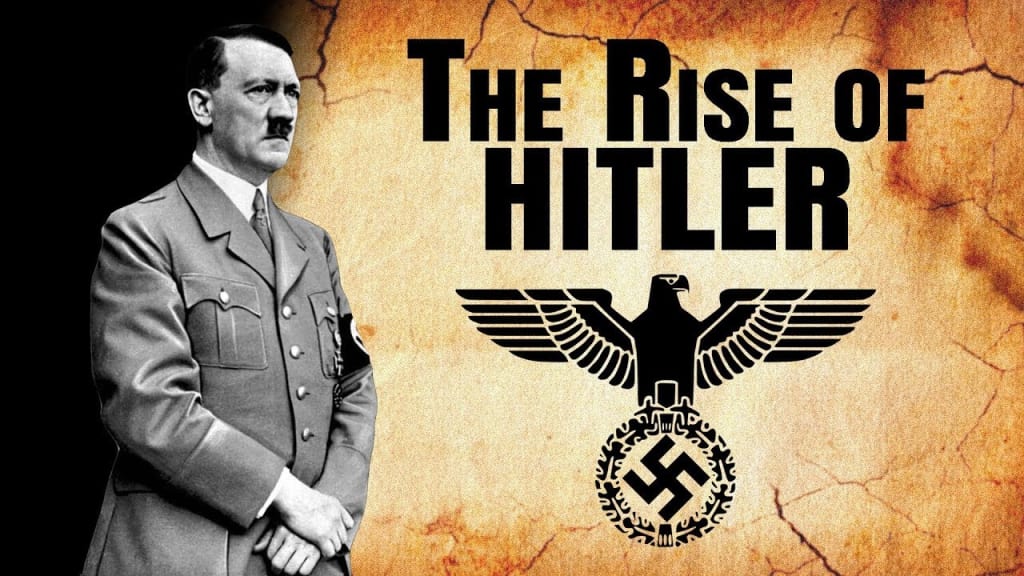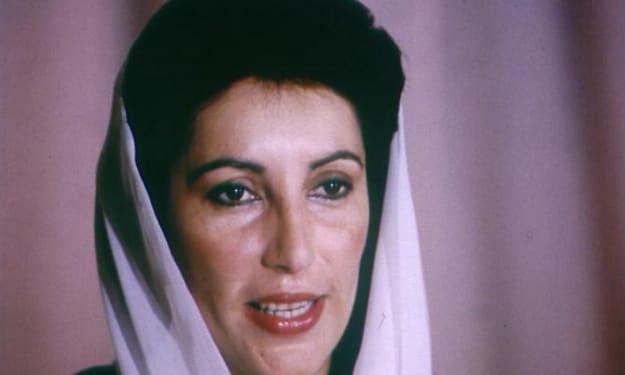The Rise Of The Hitler
Towards The World War-II

Adolf Hitler was the head of the Nazi Party and chancellor and Führer of Germany.
Adolf Hitler burned through the majority of his life as a youngster in Linz, the capital of Upper Austria. It remained his number one city all through his life, and he communicated his desire to be buried there.
In 1913 Hitler moved to Munich. Screened for Austrian military in February 1914, he was named unsuitable as a result of deficient actual power; however when The First world
War broke out, he requested of Bavarian Ruler Louis III to be permitted to serve, and on one occasion subsequent to presenting that solicitation, he was told that he would be allowed to join the sixteenth Bavarian Reserve Infantry Regiment. After nearly two months of preparing, Hitler was sent in October 1914 to Belgium, where he partook in the First Battle of Ypres. He served all through the conflict, was injured in October 1916, and was gassed two years close to Ypres. He was hospitalized when the contention finished. During the conflict, he was persistently in the forefront as a central command sprinter; his dauntlessness in real life was compensated with the Iron Cross, Second Class, in December 1914, and the Iron Cross, First Class in August 1918. He welcomed the conflict with energy, as an extraordinary help from the disappointment and aimlessness of regular citizen life. He found discipline and comradeship fulfilling and was affirmed in his faith in the chivalrous temperances of war.
In the midst of the social confusion that followed Germany's loss, Hitler took up political work in Munich in May-June 1919. As a military political specialist, he joined the little German Laborers' Party in Munich in September 1919. which in year 1920 was renamed the Public sozialistische Deutsche Arbeiterpartei (Nazi).
Conditions were great for the development of the little party, and Hitler was adequately sharp to make the most of them. His own aspiration caused grating with different heads of the party. Hitler countered their endeavors to check him
by undermining abdication, and on the grounds that the eventual fate of the party relied upon his ability to arrange exposure and to get reserves, his adversaries yielded. In July 1921 he turned into their chief with practically limitless powers.
The peak of this quick development of the Nazi Party in Bavaria arrived trying to hold onto influence in the Munich Putsch of November 1923 when Hitler and General Erich Ludendorff attempted to exploit the common disarray and resistance to the Weimar Republic to compel the heads of the Bavarian government and the nearby armed force leader to broadcast a public upset. In the scuffle that came about, the police and the military terminated at the propelling marchers, killing a couple of them. Hitler was harmed, and four cops were killed. He was condemned to jail for a very long time however served just nine months. Hitler utilized an opportunity to direct the first volume of Mein Kampf, his political autobiography.
Hitler's thoughts included disparity among races, countries, and people as a component of an unchangeable regular request that lifted up the "Aryan race" as the inventive component of humankind. As per Hitler, the regular unit of humanity was the Volk ("individuals"), of which the German public was the best. Besides, he accepted that the state existed to serve the Volk — a mission that to him the Weimar German Republic deceived.
After his release, Hitler confronted challenges that had not existed before 1923. Monetary solidness had been accomplished by a money change and the Dawes Plan had downsized Germany's The first world War repayments. The republic appeared to have become more good. Hitler was forbidden to make speeches, first in Bavaria and then in other parts as well.
The advent of the Depression in 1929, however, led to a new period of political instability.
Unremitting propaganda, set against failure of the government to improve conditions during the Depression it delivered a consistently mounting discretionary strength for the Nazis. The party turned into the second biggest in the nation, ascending from 2.6 percent of the vote in the public appointment of 1928 to in excess of 18% in September 1930.
On January 30, 1933 Hitler turned into the Chancellor of Germany.





Comments
There are no comments for this story
Be the first to respond and start the conversation.